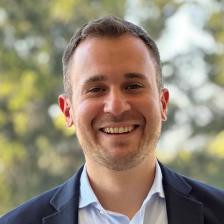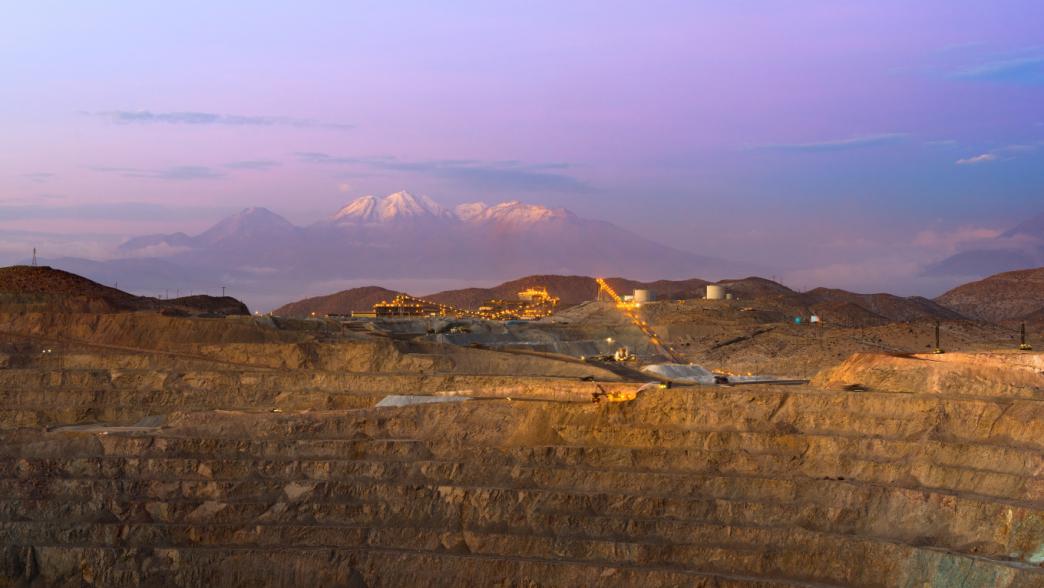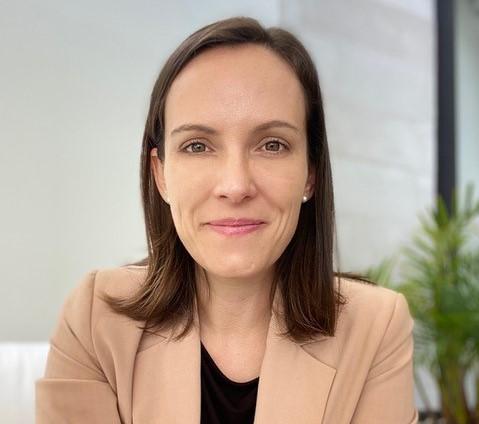
Peru Seeks Mining Sustainability Amid the Energy Transition
Español »
“Peru is a mineral-rich country with an important geological potential to become a key player in providing the critical minerals necessary for a green energy transition,” says Veronica Morelli, an attorney from Peru specializing in social and environmental law and policy.
Morelli was a participant in the 2022 edition of the advanced course “Natural Resource Governance and Energy Transition: Policies and Practice,” co-organized by the NRGI and the NADEL Center for Development and Cooperation at ETH Zurich. This year, the course brought together 31 participants (14 women, 17 men) from 17 countries to discuss and learn about the most pressing issues in natural resource governance, with a focus on the energy transition and its impact on the sector.
In the weeks after the course, I spoke with Morelli about how demand for transition minerals will impact Peru. She explains that demand for critical minerals is projected to increase in the coming decades, and that Peru must take advantage of its position in this context. According to the Ministry of Energy and Mines, Peru currently has a portfolio of 63 mining exploration projects worth USD 586 million, spread across 16 regions. In addition, 43 projects worth USD 53.2 million are under construction in 17 regions. “On the one hand, the Peruvian government has to provide clear and adequate conditions for the development of this portfolio,” explains Morelli. “On the other, companies must compete in the global market, and so they must pay attention to the current critical factors in the mining sector, including improving community relations, social and environmental sustainability efforts, and investing in innovation and technology to use cleaner energy in their operations.”
Veronica Morelli, participant in the advanced course “Natural Resource Governance and Energy Transition: Policies and Practice"
Morelli began her career in the private sector, where she was an attorney involved in the launch of PERU LNG, the first natural gas liquefaction plant in South America. With a total investment of USD 3.8 billion, PERU LNG represented the largest investment in a single project made in Peru at the time. This was a valuable learning experience for her as she was involved in the environmental and social impact assessments for the construction and operation and monitored regulatory challenges and provided legal assistance.
Afterward Morelli moved to the public sector, working in the hydrocarbon activities supervisory entity of the OEFA, the Peruvian Environmental Evaluation and Enforcement Agency, where she supervised more than 40 different companies in the oil and gas sector in Peru and was responsible for overseeing environmental control and ensuring the right balance between private investment and environmental protection. Since joining OEFA, she has advised national and international clients and projects, including the Sustainable Development Strategies Group (SDSG).
Using the advanced course as a platform to discuss Peru’s current challenges, Morelli noted that “in recent years, the formal mining sector in Peru has taken the issue of sustainability very seriously, not only as a requirement to remain competitive and meet current standards but also as an important tool to address climate change,” explaining that a growing number of companies are now working on mining-related economic, environmental, social and governance issues related to the United Nations Sustainable Development Goals (SDGs). Peru has made ambitious commitments to reduce its greenhouse gas emissions and decarbonize by 2050. A key factor in achieving this goal is to boost the use of renewable energy. Currently, however, only 5 percent of total energy demand is renewable.
“With the goal of increasing this to 20 percent by 2030, the government must act in a manner consistent with its commitments and build a plan with specific actions and regulatory changes to achieve this goal. While the mining industry has the potential to grow in line with this trend, it is important for the industry to focus its efforts on two areas: reducing water consumption and using cleaner energy sources.”
Connecting with participants from different countries and backgrounds during the advanced course provided Morelli with an opportunity to learn how much resource revenue management depends on the context and circumstances of each country. In the case of Peru, the country has managed to develop its natural resources despite constant political crises. Morelli explains, “This is mainly because mining is a key pillar of the Peruvian economy due to its contribution to public finances. However, recent social conflicts have led the mining sector to temporary cessations of mining operations, posing several challenges to the industry. In this context, the state has been unable to guarantee the integrity of the private property and the safety of communities and miners, creating instability and risks to the continuity of the mining activities.”
Reflecting on how the advanced course connects to the realities facing Peru, Morelli had an opportunity to discuss the challenges facing the country as a result of the current political crisis and the need for the Peruvian government to provide adequate policy changes so that the mining industry can continue its development for the benefit of Peru’s citizenry.
Finally, Morelli stressed that Peru must make progress on the energy transition that is equitable and just. As the next round of climate negotiations nears, she notes that the minerals needed to shift away from fossil fuels need to be sourced without impacting the environment and local communities. “COP27 is an opportunity for countries in the "LithiumTriangle"—Argentina, Bolivia and Chile—which hold 65 percent of the world’s lithium reserves, to play a big part in this critical discussion.”
Matteo Molineris is a capacity development program associate at the Natural Resource Governance Institute.
Top photo by Jose Luis Stephens for Shutterstock. Bottom photo by abriendomundo for Shutterstock.
Authors

Matteo Molineris
Capacity Development Officer


